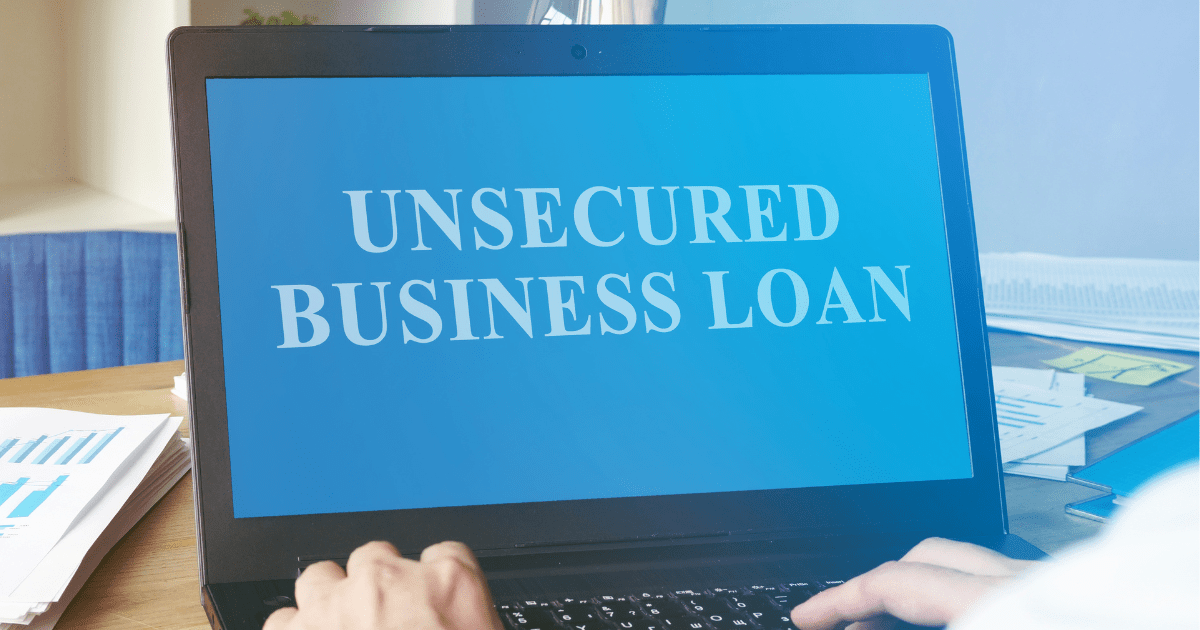
Unsecured loans can be the answer for small to medium-sized enterprise (SME) owners in South Africa who are struggling with accessing financing. Traditional lenders often impose tough requirements, such as the need for collateral, making it difficult for many businesses to secure the funding they need.
This hurdle can hinder growth and limit opportunities for expansion. Fortunately, there are alternative financing options available that can help SMEs overcome these barriers, providing the necessary support to achieve their growth ambitions and enhance their operations.
What is an Unsecured Loan?
Unsecured loans are a financing option that doesn’t require collateral. Lenders assess the creditworthiness of the business and its owners to determine if they are eligible for the loan. This makes unsecured loans ideal for SMEs without assets. It is also an option for those who prefer not to risk their assets to secure funding.
Unsecured loans provide a practical solution for businesses looking to expand, manage cash flow, or invest in new opportunities without the added pressure of putting up collateral. They enable SMEs to access necessary funds based on their financial health and credit history, offering a flexible and less risky way to support business growth.
Unsecured loans are for smaller amounts, with some capped at R300 000.
Benefits of an Unsecured Loan
Like many financing options, unsecured loans offer numerous benefits. Here, we highlight a few of these advantages.
- Quick access to funding: Unsecured loans can be approved and paid out quickly, often within a few hours or days, offering timely financial support for urgent business needs.
- Flexibility: Unsecured loans can be used for various purposes, such as increasing working capital, covering payroll, funding expansion, or purchasing equipment.
- No Risk to Assets: Since unsecured loans don’t require collateral, SMEs don’t risk losing valuable assets, providing peace of mind and financial security.
- Simple application process: Applications for these loans are usually streamlined and easier to fill in and complete, compared to more traditional loan applications.
Disadvantages of Unsecured Loans
Unsecured loans may seem appealing for SMEs due to their accessibility, but it’s important to consider their drawbacks. Without collateral, lenders may impose lower borrowing limits and stricter repayment terms, increasing the risk for both parties. Therefore, while offering flexibility, SMEs should carefully weigh the potential disadvantages before opting for unsecured financing.
Here are a few disadvantages to unsecured loans you should consider before applying:
- Higher Interest Rates: Because of the quick turnaround time and lack of asset attachment, unsecured loans usually have a higher interest rate. Interest rates are usually from 18% to 30%.
- Creditworthiness: Lenders will assess the credit history of the business and owner to see if they are eligible for a loan. This can mean that there is a possibility of rejection of your loan application.
- Small Loan Amounts: Unsecured loans usually only allow for small amounts to be borrowed. Furthermore, because there is no collateral attached, lenders may only lend you a small amount (especially if your credit score is low).
- Failure to Pay: If you fail to pay back your loan, the lender may file for a Section 129 notice, and you will be summoned to court. Failure to respond to court summons can lead to asset repossession of your property, car or any other asset.
Tips for Improving Your Chances of Getting Approved
If you decide that an unsecured loan is exactly what you need for your business, here are some tips on how to ensure your application is approved.
- Improve your credit score: Having an account that you pay off every month will show the lenders that you are able to pay off the loan. Make sure you compare the fine print of different companies and you understand which account will benefit you the most.
- Make sure you can repay the loan: When applying for the loan, ensure that you apply for an amount you know you can pay back. If you cannot, chances are your application will be rejected.
- Choose the right lender: While applying for an unsecured loan is straightforward, it’s crucial to select a lender that aligns with your financing requirements.
- Apply for the right amount: Unsecured loans are mostly there to help you in the short term, not leave you with long-term debt. Make sure you choose the right amount for you and that your income is enough to support the required repayments.
With the information at hand, you’re equipped to make a confident decision about your business financing. Take action now! Explore the best financing options online to propel your SME forward. Don’t delay—secure funding for your business today!








